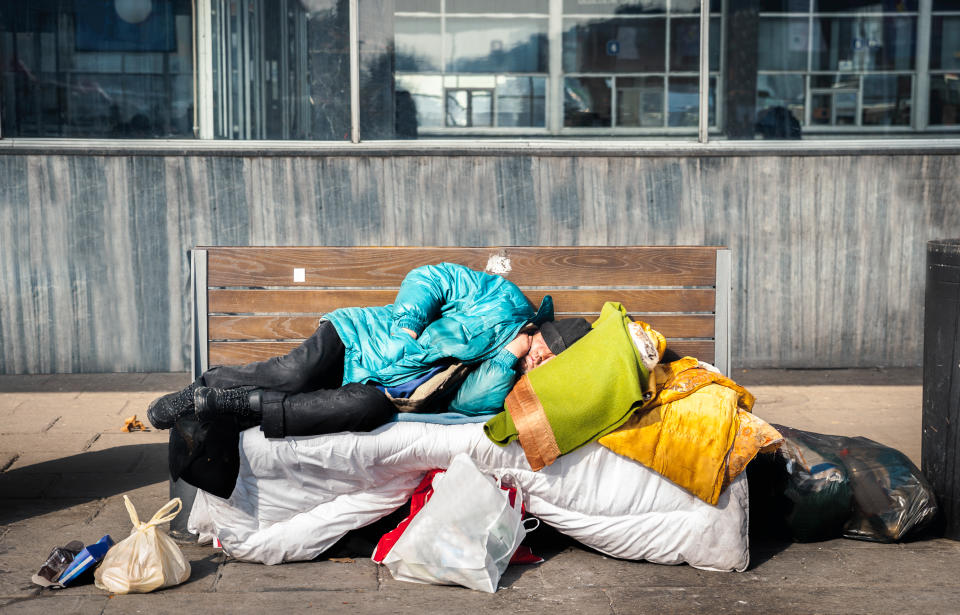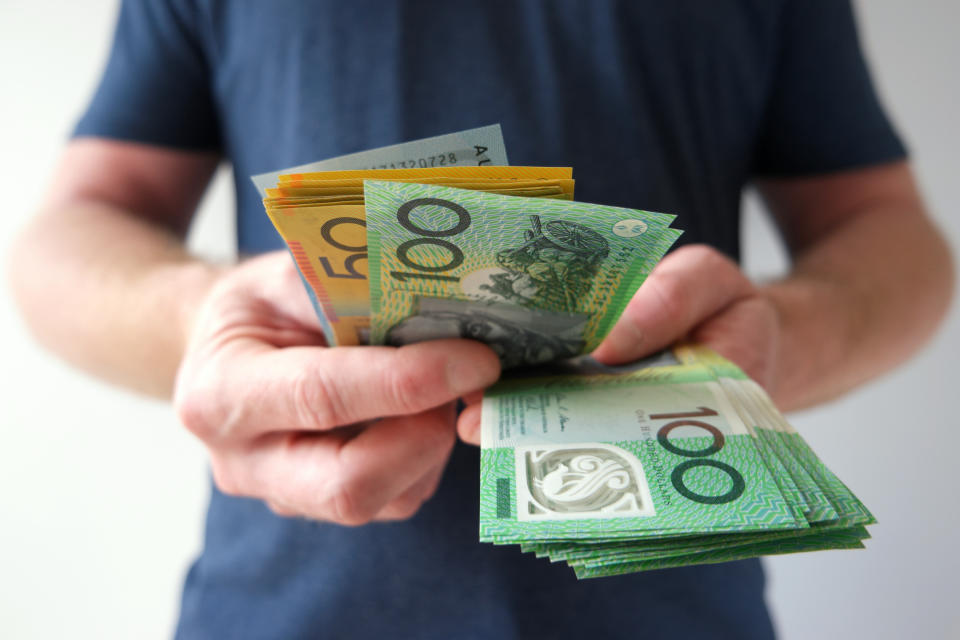‘Beautifully surprising’ results of $7,900 giveaway

Homeless people given a one-time cash transfer of C$7,500 (AU$7,900) spent fewer days homeless and ultimately saved the Canadian shelter system C$8,100, in what has been described as a “beautifully surprising result”.
Vancouver-based charity, the Foundation for Social Change, partnered with the University of British Columbia to identify 50 people who had recently fallen into homelessness and give them the one-off payment, before studying their spending habits over the next year.
Participants were identified as not struggling with significant mental health or substance abuse issues.
The study, called the New Leaf project, compared those who received the payment and those who didn’t and found that those who received the cash moved into stable housing within an average of three months and spent fewer days homeless. Additionally, nearly 70 per cent became food secure within weeks.
Spending on alcohol, drugs and cigarettes fell by an average 39 per cent, with the recipients spending 52 per cent on food and rent, another 15 per cent on medicine and bills and 16 per cent on clothes and transport.
Foundation for Social Change CEO Claire Williams said the results highlight the inaccurate beliefs about the dangers of giving money to homeless people.
"It challenges stereotypes we have here in the West about how to help people living on the margins," she told the CBC.
She said she went into the experiment with “no expectations” but “high hopes”, and that the results were “beautifully surprising”.
She added that by reducing the number of days participants’ spent homeless, the cash transfers saved the shelter system C$8,100 per person, or C$405,000 over the course of the year for all 50.
Williams also noted that participants saved an average of C$1,000 over the course of the year.
The Foundation hopes to expand the study and is now attempting to fundraise C$10 million.
“Homelessness can happen to anyone. Many people are just a few paycheques away from couchsurfing, sleeping in their car or ultimately losing their housing,” Williams’ said in the study’s impact statement.
“It could also be the result of circumstances like eviction, an injury on the job, safety or a pandemic. While the economic impact of homelessness costs everyone, ultimately it is the human cost that is so devastating.”
Universal Basic Income studies increase

This is only the latest Universal Basic Income study, with a Kenyan village now four years into a 12-year basic income experiment, and finding that those who received the money were no less likely to work or spend the money on items like alcohol.
Finland also recently concluded its two-year universal basic income experiment, finding it led to increased wellbeing and didn’t disincentivise working.
The Covid-19 crisis has accelerated debate on the topic, with Australia’s JobSeeker and JobKeeper subsidies being likened to a universal basic income.
But the next step is to trial these programs when Australia isn’t in crisis-mode, the University of Queensland’s School of Economics, Professor John Quiggin told Yahoo Finance earlier this year.
One of 100 signatories to an open letter calling for Australia to introduce a Liveable Income Guarantee, Quiggin said Australia’s economic system has been proven to generate high levels of unemployment from time to time.
“In these circumstances, paying people a living income with no conditionality or much less conditionality than we've tried to impose in the recent past… makes a lot more sense and is a lot more equitable than the policies we've been pursuing with increasing severity over the last 20-30 years,” he said.
“Why go back to an approach [to welfare] which had to be abandoned at the moment we had a crisis?”
Want to take control of your finances and your future? Join the Women’s Money Movement on LinkedIn and follow Yahoo Finance Australia on Facebook, Twitter and Instagram.

 Yahoo Finance
Yahoo Finance 
